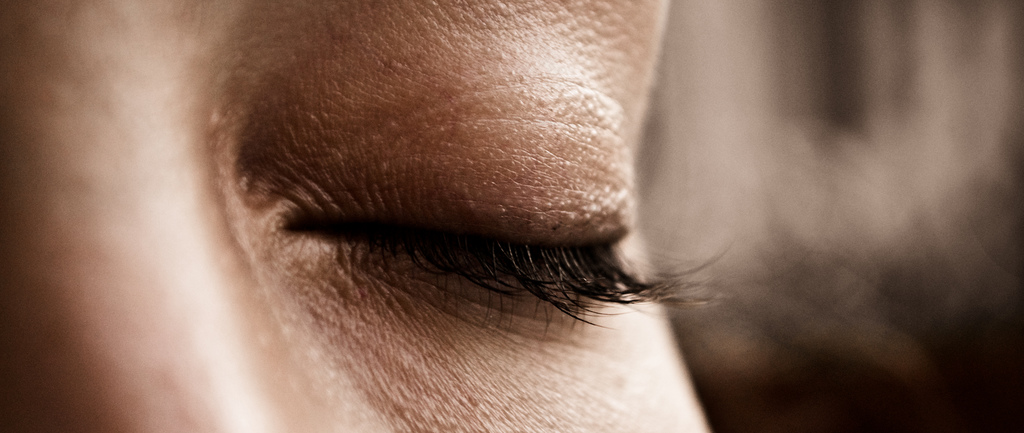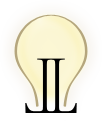
Photo by Agustín Ruiz
Benefits of Dreaming
Dreaming advances our consciousness. Current scientific thought maintains that dreaming is an evolutionarily beneficial process that directly enhances our cognitive abilities. This new argument displaces the older belief that our dreams are just random activity of the brain.
Michael Franklin, a psychologist at the University of Michigan, proposed that dreaming helps the mind deal with threatening situations by “rehearsing” them in dreams.
A dream is a microscope through which we look at the hidden occurrences in our souls.
Erich Fromm
The concept of enhanced performance as a result of dreaming was explored in a study in which people were trained in a simple task, and then monitored during their sleep. Among subjects who experienced REM sleep, brain scans revealed elevated task-related activity. Surprisingly, when they repeated the training, subjects who had dreamt showed greater improvement that those who hadn’t.
Increased post-sleep aptitude was also explored in a 2010 NIH study in which people were trained on a virtual navigation task and then retested on the same task 5 hours later. People who napped following training improved significantly more than those who remained awake.
So how can we apply these new discoveries to our own efforts at improved well-being? The following simple steps are a good start.
Capture Your Dreams
Set an intention to remember your dreams before you go to sleep. You can place a lighted pen, paper, or your smart phone (with voice recording application) within easy reach of your bed. When you awaken from sleep in the morning, take it slow. Try not to bolt out of bed, instead taking a few minutes to think over any dreams still in your mind. Record these. If, during your day, other bits of dreams appear, record those also.
Side note: if you dream copiously and tend to remember many dreams, limit yourself to recording only two. Select the ones that seem to have the most significance or uniqueness.
Make Associations and Connections
As you begin to work with your dreams, remember that they reflect your own underlying thoughts and feelings. The people, actions, settings and emotions in your dreams are personal to you. Avoid using dream interpretation books; images mean different things to different people. Rather, create your own dream dictionary.
Such a unique resource will become increasingly useful as you continue to write down each dream element, and the welter of associations that it evokes. You may have a number of associations to a dream, but a connection is direct, like reading about African wildlife just before dreaming about an adventure on the high veldt.
Once in the dream of a night I stood
Lone in the light of a magical wood,
Soul-deep in visions that poppy-like sprang;
And spirits of Truth were the birds that sang,
And spirits of Love were the stars that glowed,
And spirits of Peace were the streams that flowed
In that magical wood in the land of sleep.Sarojini Naidu, “Song of a Dream”
Interpretation
Begin this phase by looking for parts of your inner self that may be reflected in your dream images. Look at the action in the dream. Note any dramatic flow or energetic dynamics. Take a moment or two to review your associations and connections. This allows you to merge the two phases and listen to your inner director who will assist you in defining the meaning of this particular dream.
Don’t fall prey to quick, one dimensional interpretations. “Oh, the elephant in my dream was thundering past my house. I’d better check with animal control to see if there are any elephants on the loose in my neighborhood.”

Photo by Aaron Leavy
Instead let yourself become open to a more associative process. “Hmm, I associated the elephant with my uncle. Whenever he visits the household certainly gets ‘shaken up’ by his boisterous nature.”
Write out your interpretations and keep them in your dream journal for future reference. Sometimes dreams come in installments. You want to be able to link important messages together.
A dream which is not interpreted is like a letter which is not read.
The Talmud
Lucid Dreaming
Lucid dreaming is the conscious perception of one’s state while dreaming. In this state a person often has control over characters and the environment of the dream as well as the dreamer’s own actions within the dream.
You can enhance your ability to have lucid dreams if you prompt yourself during your waking hours.

Photo by Philippe Put
Dreams are today’s answers to tomorrow’s questions.
Edgar Cayce
In his book The Inception of Conscious and Lucid Dreams, Daniel Oldis described experiments that showed lucid dreaming could be facilitated by using external cues and psychological methods. By cultivating the ability to be in your dreams and alter, redirect or transform the dream material you can gain significant therapeutic benefits.
Learning to interpret your dreams can open the gateway to greater self awareness. C.G. Jung wrote extensively about this topic in his book Memories, Dreams, Reflections. He believed wholeheartedly that dreams offer us vital insights for the integrity and wholeness of our psyche.
The world of our dreams is rich, wild, and rewarding—Begin your own lucid dreaming journey tonight!
Our life is twofold; Sleep hath its own world,
A boundary between the things misnamed
Death and existence: Sleep hath its own world,
And a wide realm of wild reality,And dreams in their development have breath,
And tears, and tortures, and the touch of joy;
They leave a weight upon our waking thoughts,
They take a weight from off waking toilsLord Byron, “The Dream”

